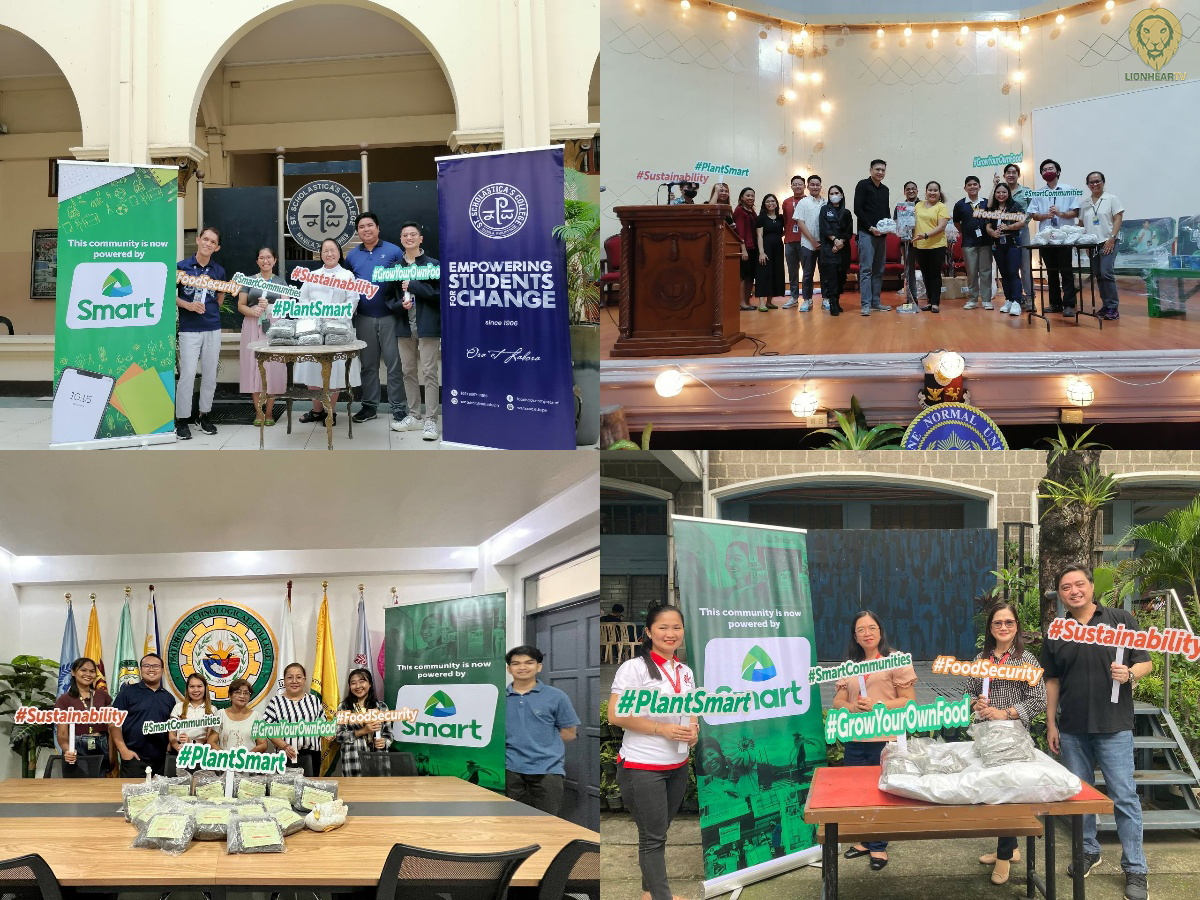PLDT Inc. (PLDT) and its wireless unit Smart Communications, Inc. (Smart) continue to bank on technology to promote food security in the Philippines through its urban gardening web series, ‘Kalye Mabunga’.

This ten-episode learning series explores various planting techniques that can be done within the comfort of the viewers’ homes or communities. The complete set of ‘Kalye Mabunga’ episodes can be accessed on Smart Communities official Facebook page and iADAPT, an online learning platform of the Philippine Disaster Resilience Foundation (PDRF).
“Part of PLDT and Smart’s key advocacies include finding technology-driven solutions to help address food insecurity, expressing our full and long-term commitment to supporting the government’s initiatives towards a food-secure Philippines. By creating ‘Kalye Mabunga’ and putting it online, we aim to educate families and communities on home and community gardening, one kalye at a time,” said Stephanie V. Orlino, AVP and Head of Stakeholder Management Team at PLDT and Smart.
Supported by the Department of Agriculture – Agricultural Learning Institute, ‘Kalye Mabunga’ features online learning content on the fundamentals of growing food at home. This is to help fight hunger and malnutrition in the Philippines which had worsened especially during the pandemic.

To complement the online learning series, PLDT and Smart also distributed ‘PlantSmart’ kits to Filipino communities to help augment the cost of their meals. Each ‘PlantSmart’ kit contains vegetable seeds, loam soil, and fertilizers, and instructions on how to access ‘Kalye Mabunga’ online.
Joining the celebration of National Nutrition Month this year, PLDT and Smart have provided 2,400 planting kits to schools in Luzon, Visayas, and Mindanao. To date, 10,650 ‘PlantSmart’ kits have been delivered to more than 300 communities nationwide, benefiting urban and rural communities, members of women and faith-based organizations, coops, and indigenous cultural communities.
Disruptions in the agricultural supply chain at the height of the pandemic led many Filipinos towards urban farming and gardening. While some view this activity as a mere pastime in these challenging times, PLDT believes that putting online the information about the basics of edible gardening at home can play a pivotal role in further promoting food security and nutrition in the Philippines. Enabling households to grow their own food can help meet their own nutritional requirements.
PLDT and Smart recognize the vital role of accessible nutritious food to one’s overall health. This is aligned with the Group’s commitment to achieving the UNSDGs #2 Zero Hunger and #3 Good Health and Well-Being.

